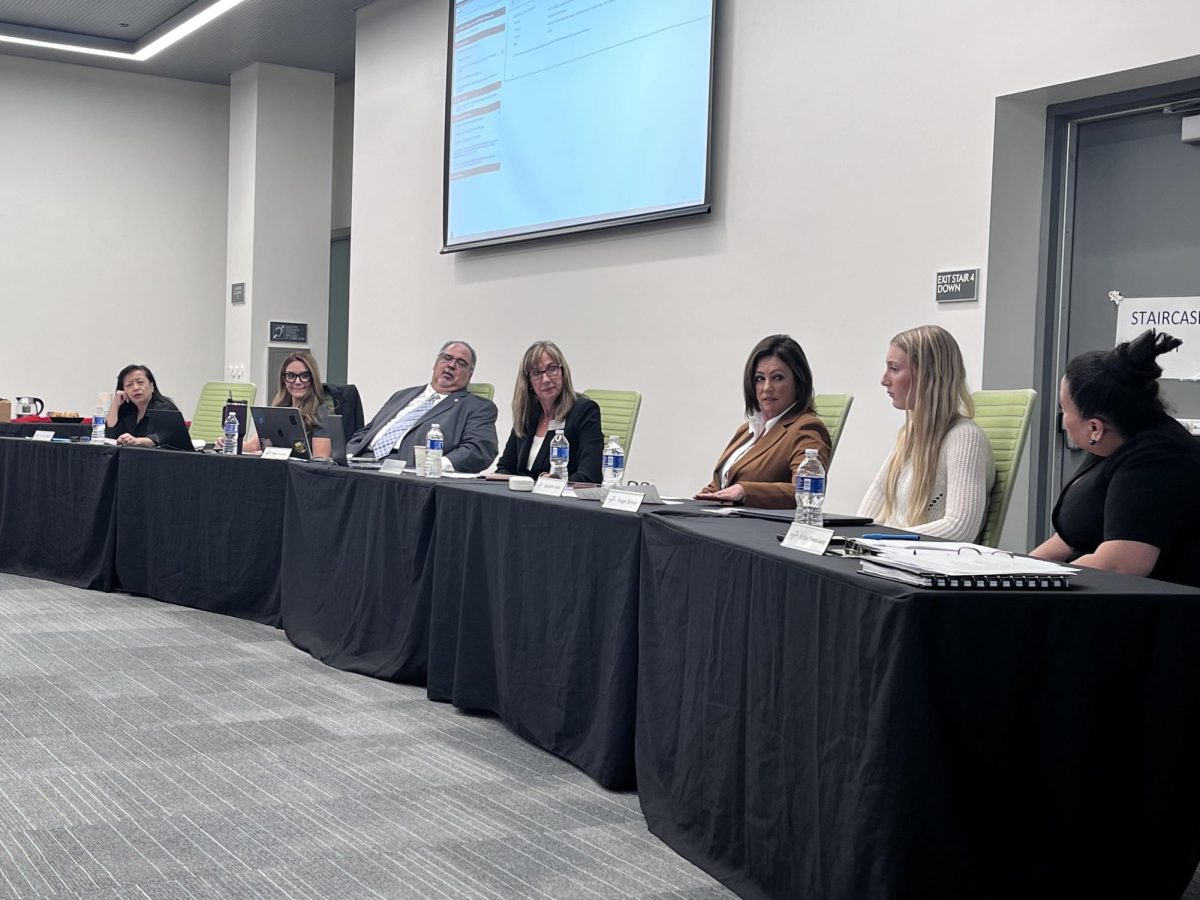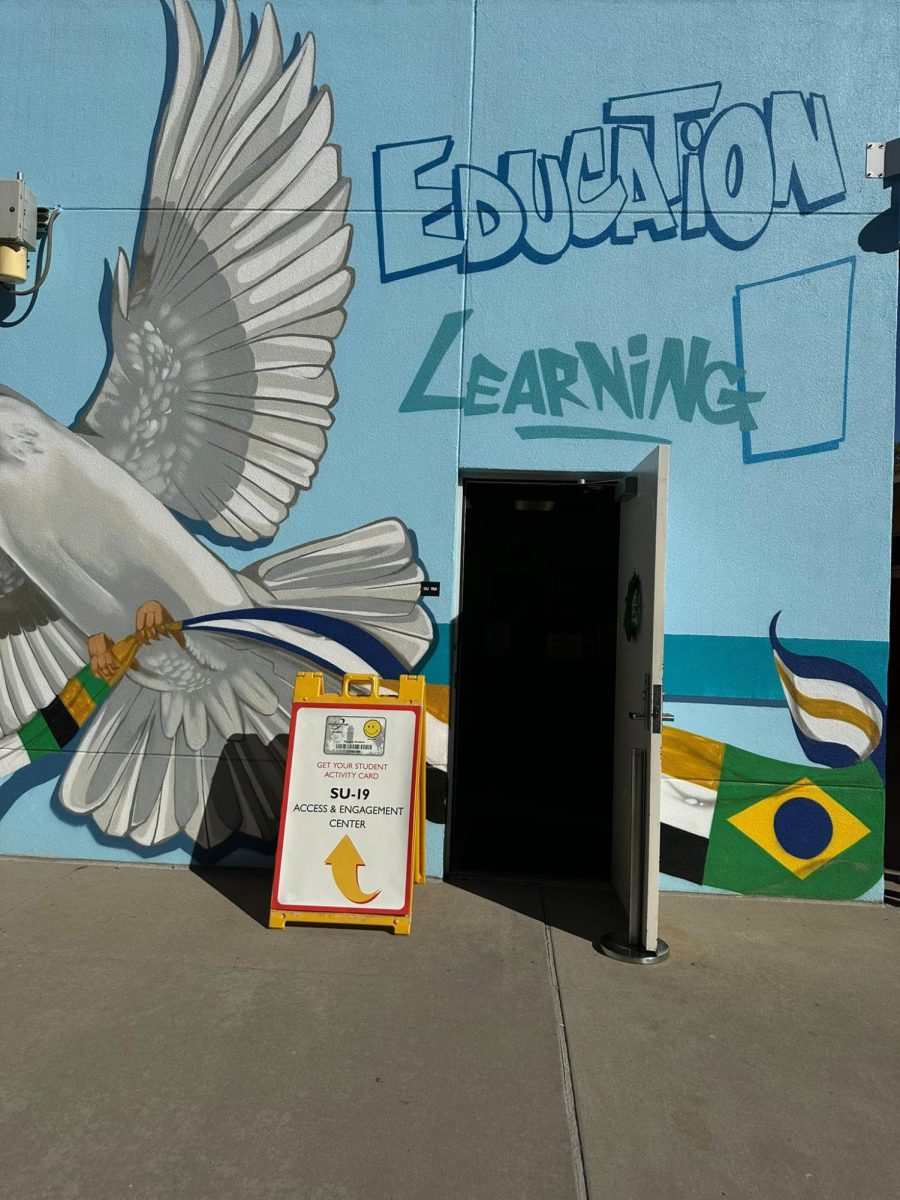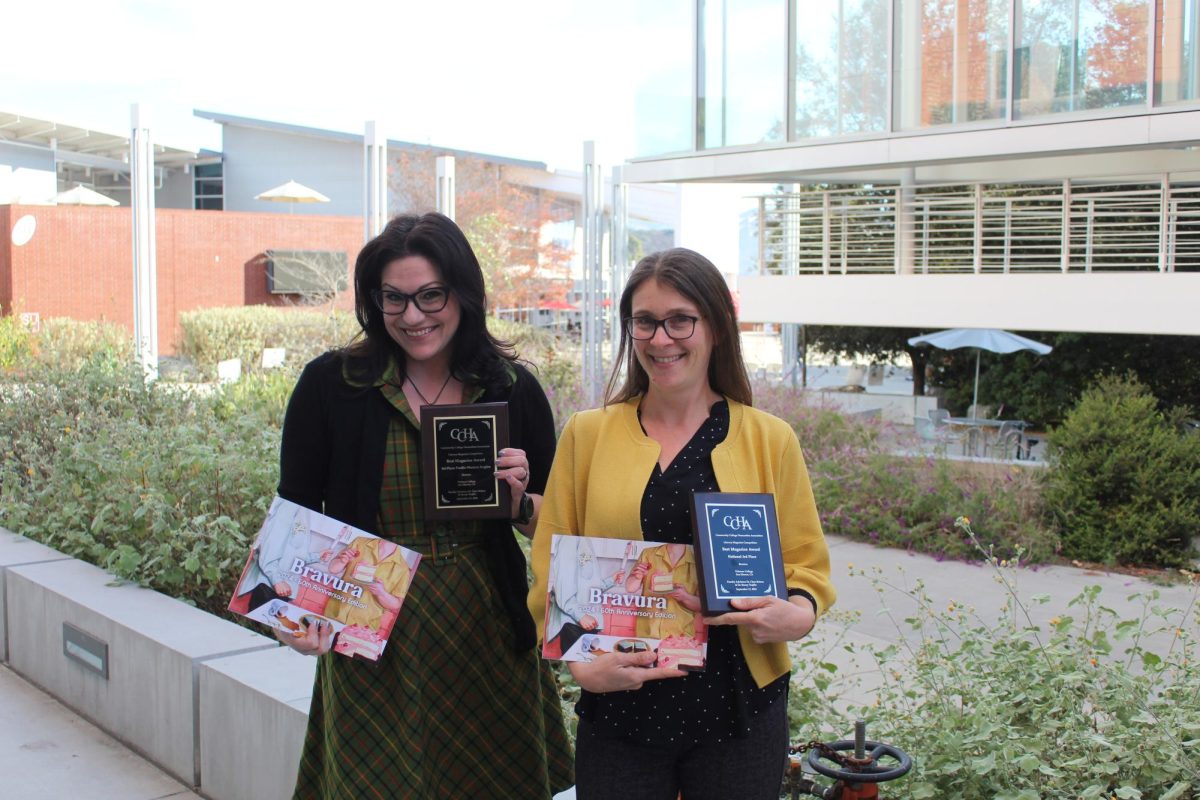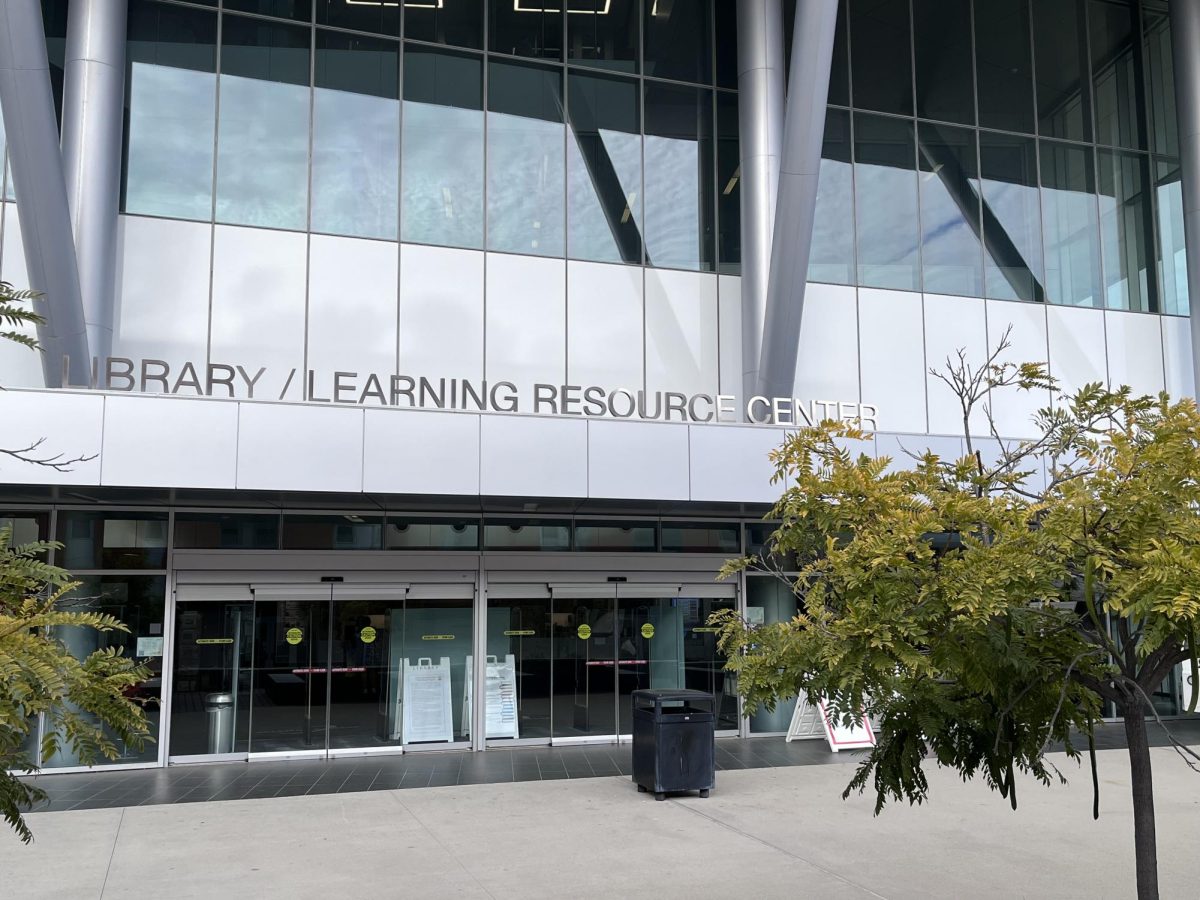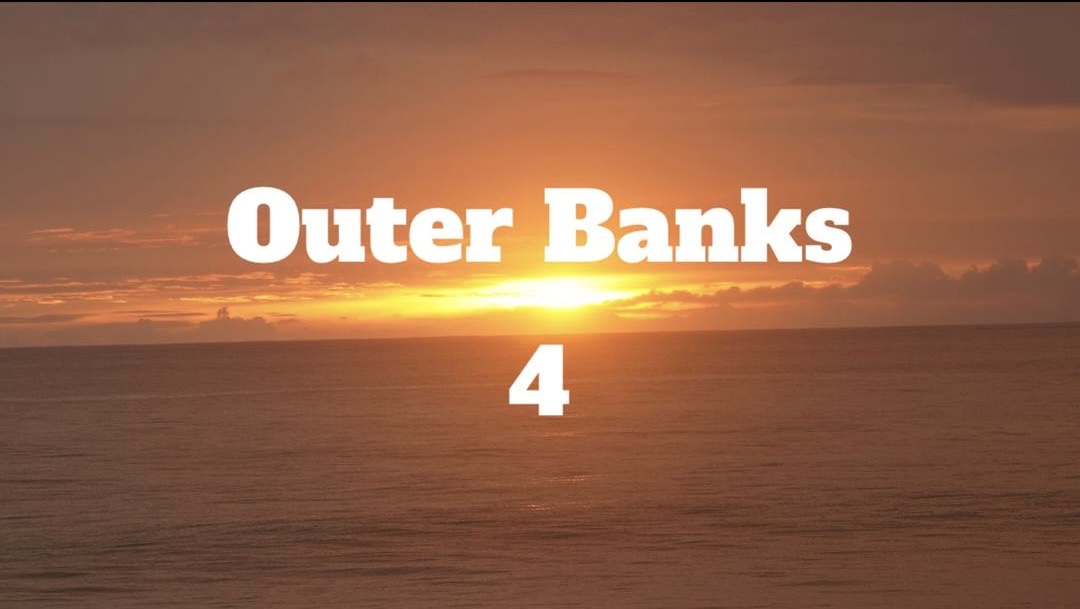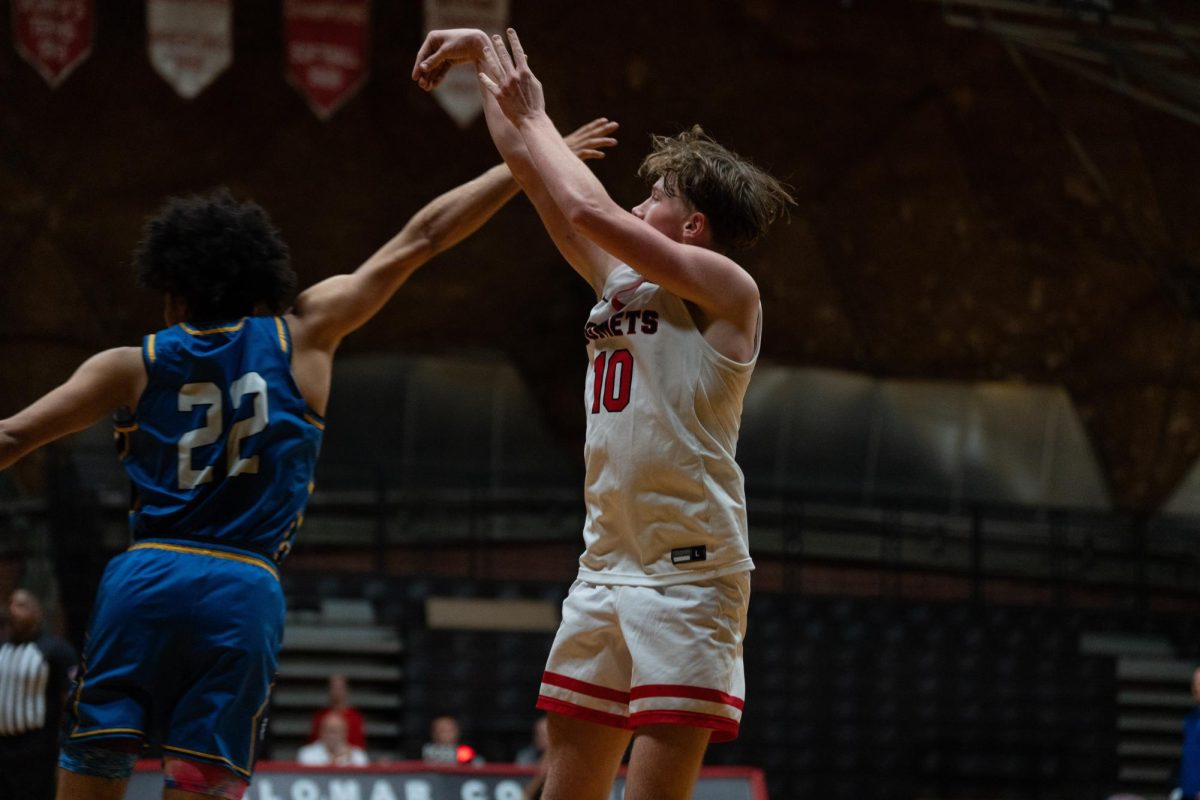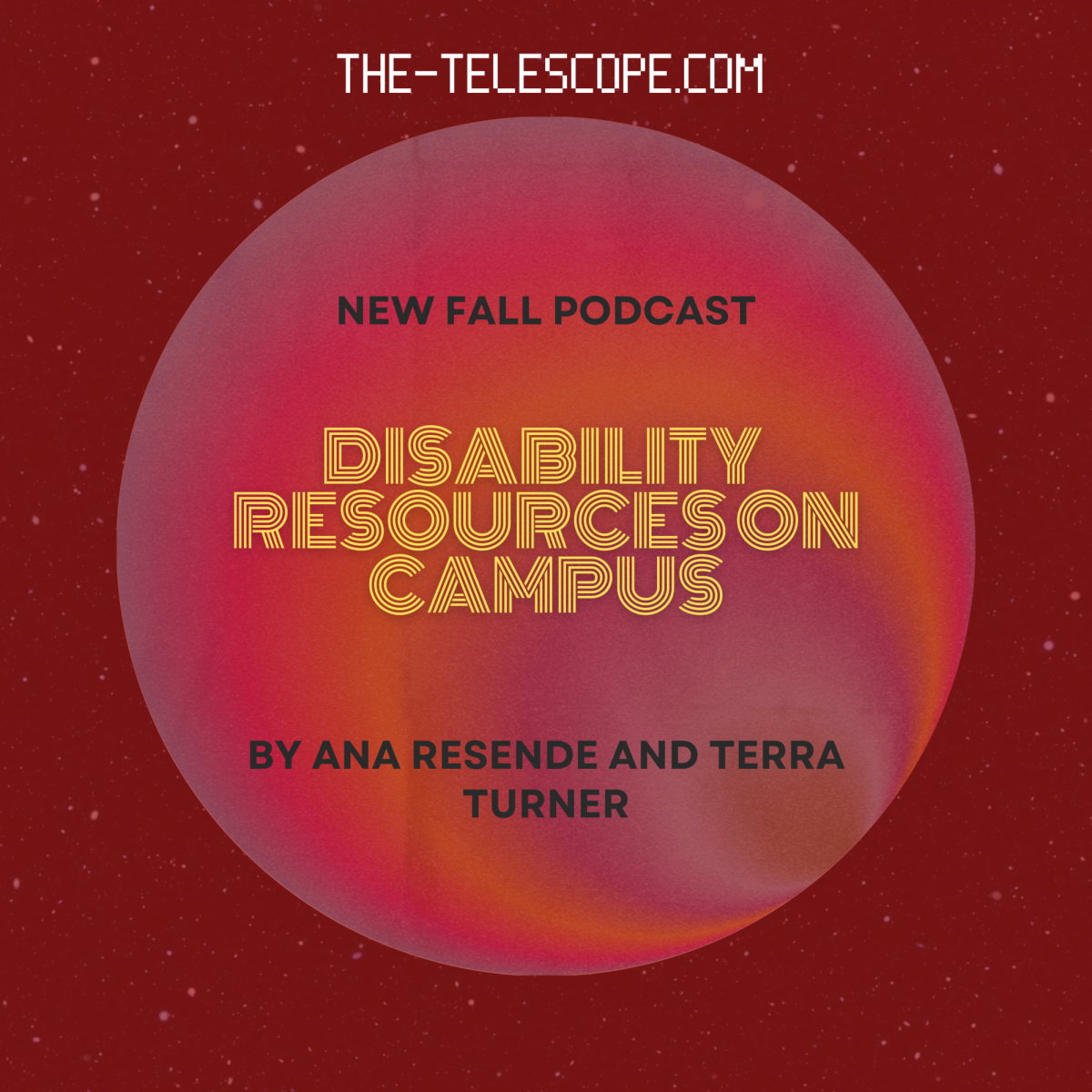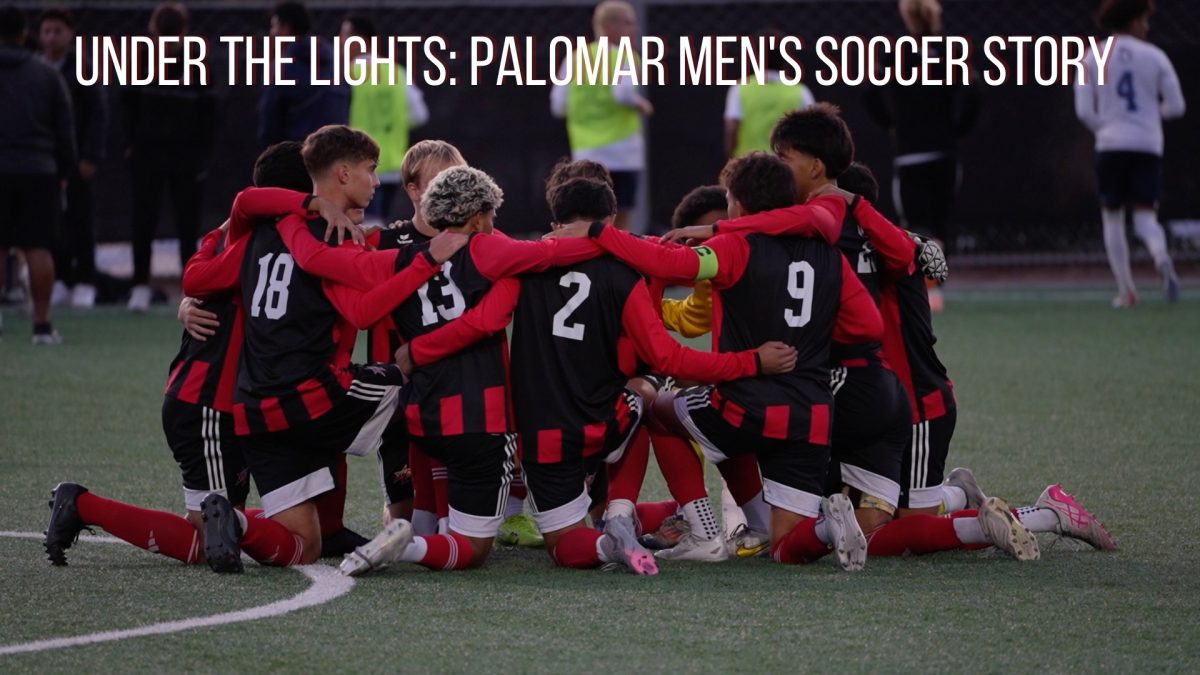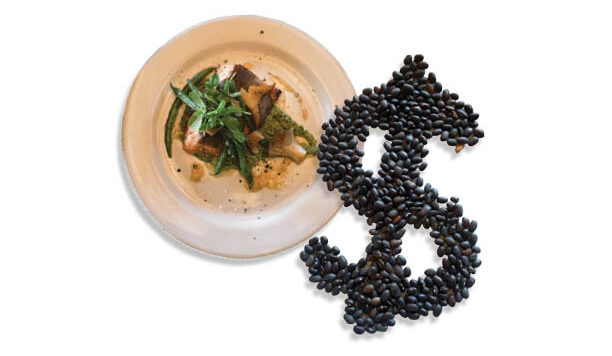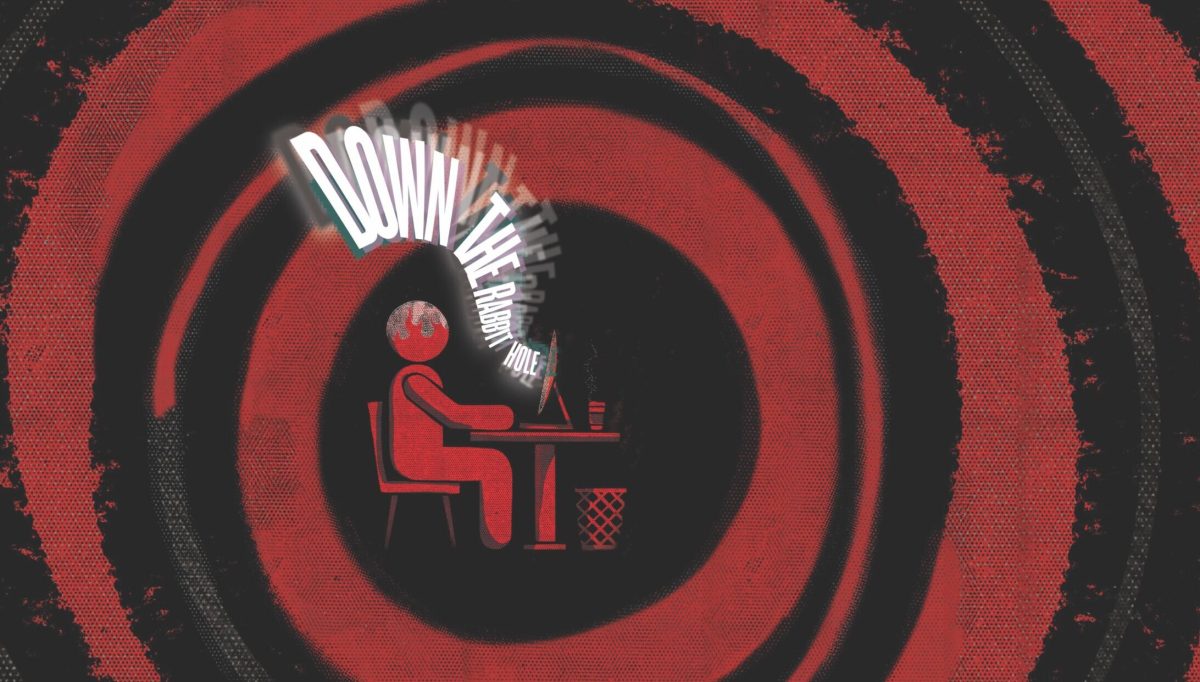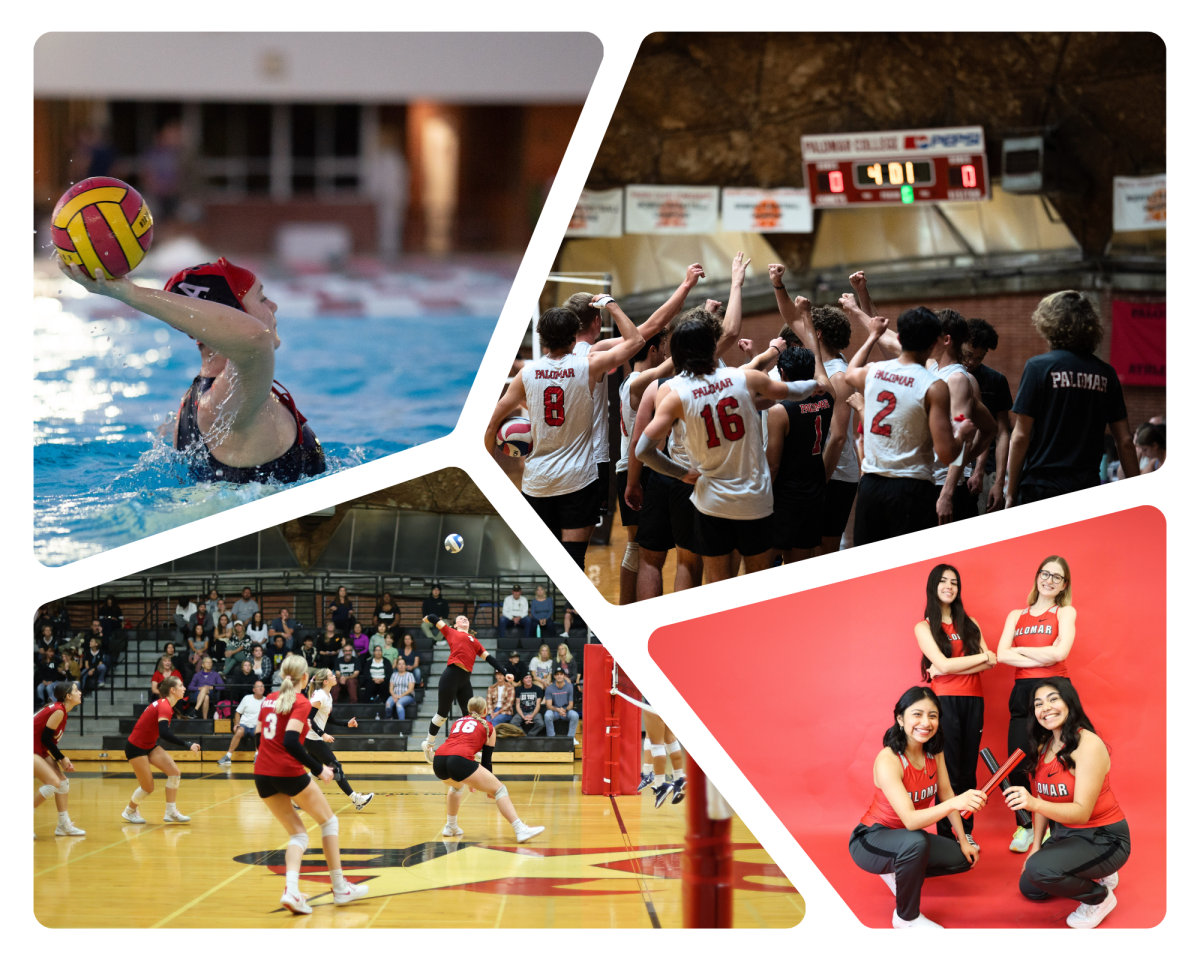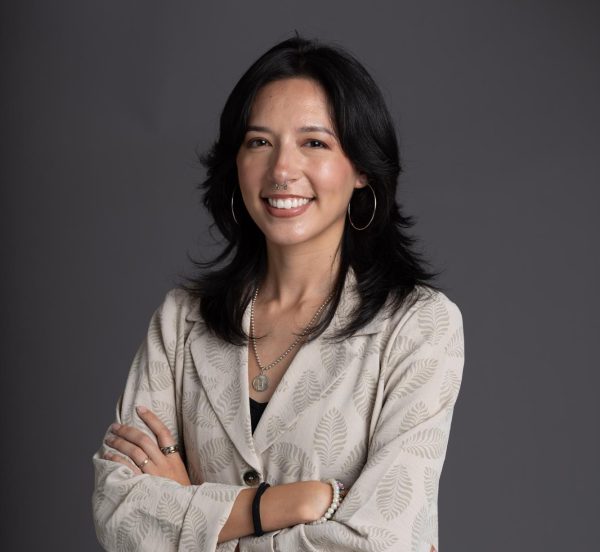SAN MARCOS — A few students, one projector, and a quiet room awaited as licensed mental health provider and behavioral health counselor Mariana Guzman prepared for her “Shame and Cultivating Compassion” workshop at Palomar College on Sept. 24.
“Can you draw a picture of shame?” Guzman asked the room, “if shame were a texture, if shame were a color… what would it be?”
Guzman conducted the workshop with the purpose of educating on the human responses to shame while providing tools for students to better guide themselves with compassion.
Palomar’s health promotion calendar lists other upcoming skill-shops including: “Managing Your Mood Skillshop: How to Feel Connected on Campus” on Oct. 7 and the “Narcan Administration Training” on Oct. 9.
Guzman’s strategy often involves art activities that would encourage her patients to open up and externalize their issues associated with shame.
Shame is different than guilt, according to Guzman. Guilt refers to the feeling after an action that has been committed, while “shame becomes the essence of who we are,” said Guzman.

In her words, humans have “primitive functioning” that we turn to when reacting to an event or action that brings us shame. Humans have evolved so much that our understanding of shame has also evolved with us.
“We turn ourselves to be judged if we can’t fix it, then it becomes as part of our self criticism, our sense of self criticism,” Guzman said, “However, the more we avoid talking about it, the more it becomes very chronic in our lifetime.”
It is no secret that shame is not the hottest topic of conversation.
Guzman asked herself “Are they (students) coming? Are they not coming because of that?” Despite her concerns for possible backlash, or simply an empty room, she proceeded with her plans for the workshop to breach the difficult conversation with students.
The journey to normalization holds a long and windy road, but Guzman is not the only person actively advocating for mental health awareness at Palomar.
“Sometimes students may not have the space at home to talk about these kinds of things,” said Ariana Jorden, student SWAG Peer Mentor. “So I think that providing that in a school setting where there’s enough stress already, especially at college like I think that that can really change the game.”
The Student Wellness Advocacy Group (SWAG), aims to provide students with the very resources that Guzman wants to promote on campus.
“When Patrick (Patrick Savaiano, PsyD) came in to my classroom and gave us a brief informal presentation of the services here on campus and gave us his ‘why’ he came into this field and I loved what he stood for and what he represented and I only wish to be that representation to someone else,” said Ivan Larios, a Palomar student and SWAG peer mentor.
Although the discussion on shame and cultivating compassion came about with a quiet start, the students in the group slowly began sharing their ways in which they related to Guzman’s experience as a behavioral therapist.

“Remember, if you think about it, when we’re a state of nervousness or anxiety, what do we naturally do?” Guzman asked the group, referring to the self-soothing behaviors that human bodies subconsciously turn to for support—rocking back and forth, fidgeting, foot tapping as a sign of discomfort.
These self-soothing behaviors, said Guzman, are ways in which people try to find comfort within themselves. The tools have somehow always been available to us because of our “primitive” responses to shame.
For students who may not feel that they have a safe space to talk about their struggles, Guzman’s words serve as reminders that the tools have already been provided to them.
“So we’re already doing some of this stuff naturally, you know, to kind of calm ourselves, to kind of gather ourselves…in a moment of stress or anxiety,” said Guzman, “So now we’re being a little bit more aware of it.”
Find helpful links to Guzman’s presentation and her book reference list below.
Stay informed about upcoming health service events with the help of Palomar’s health promotion events calendar.

